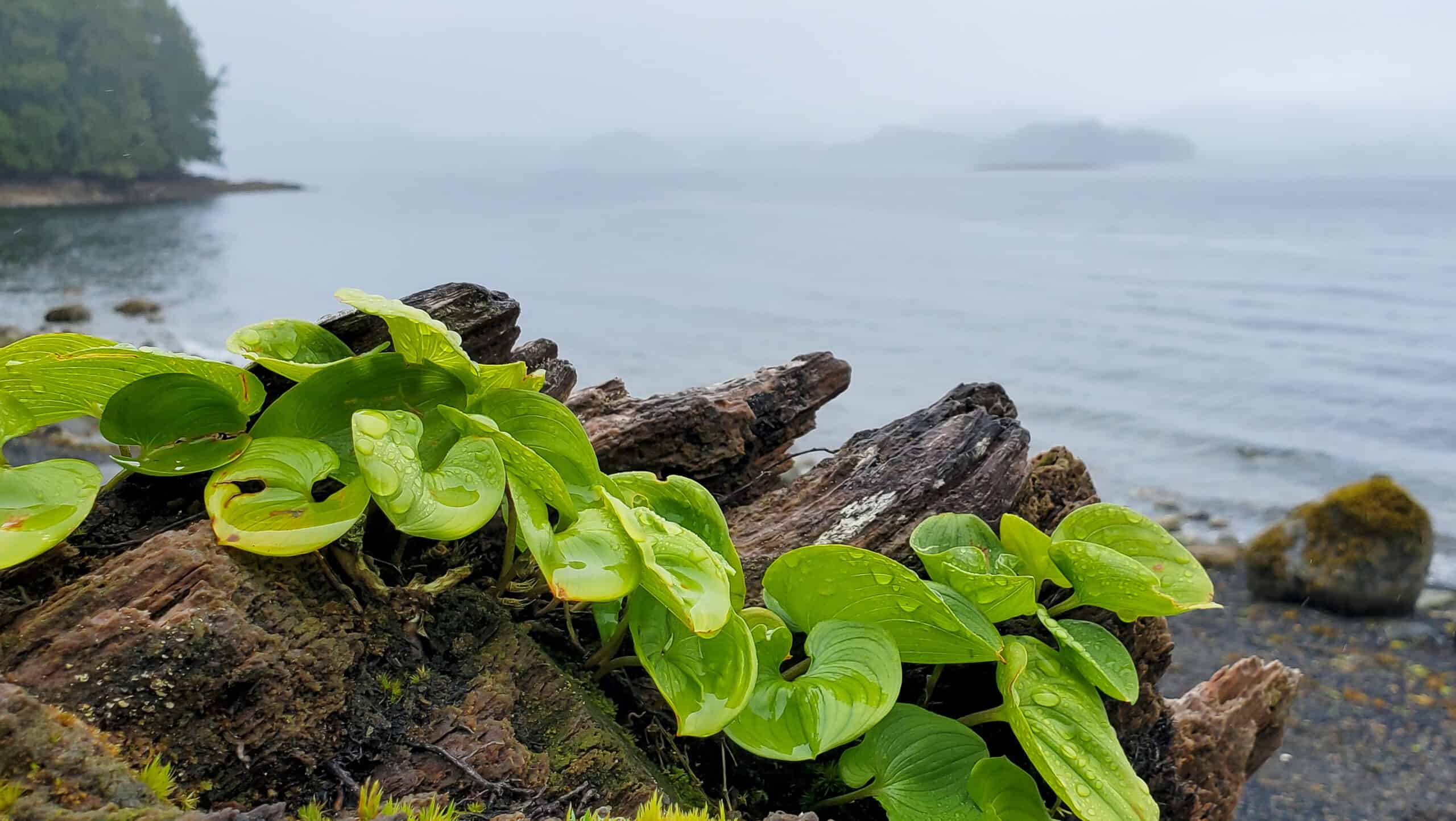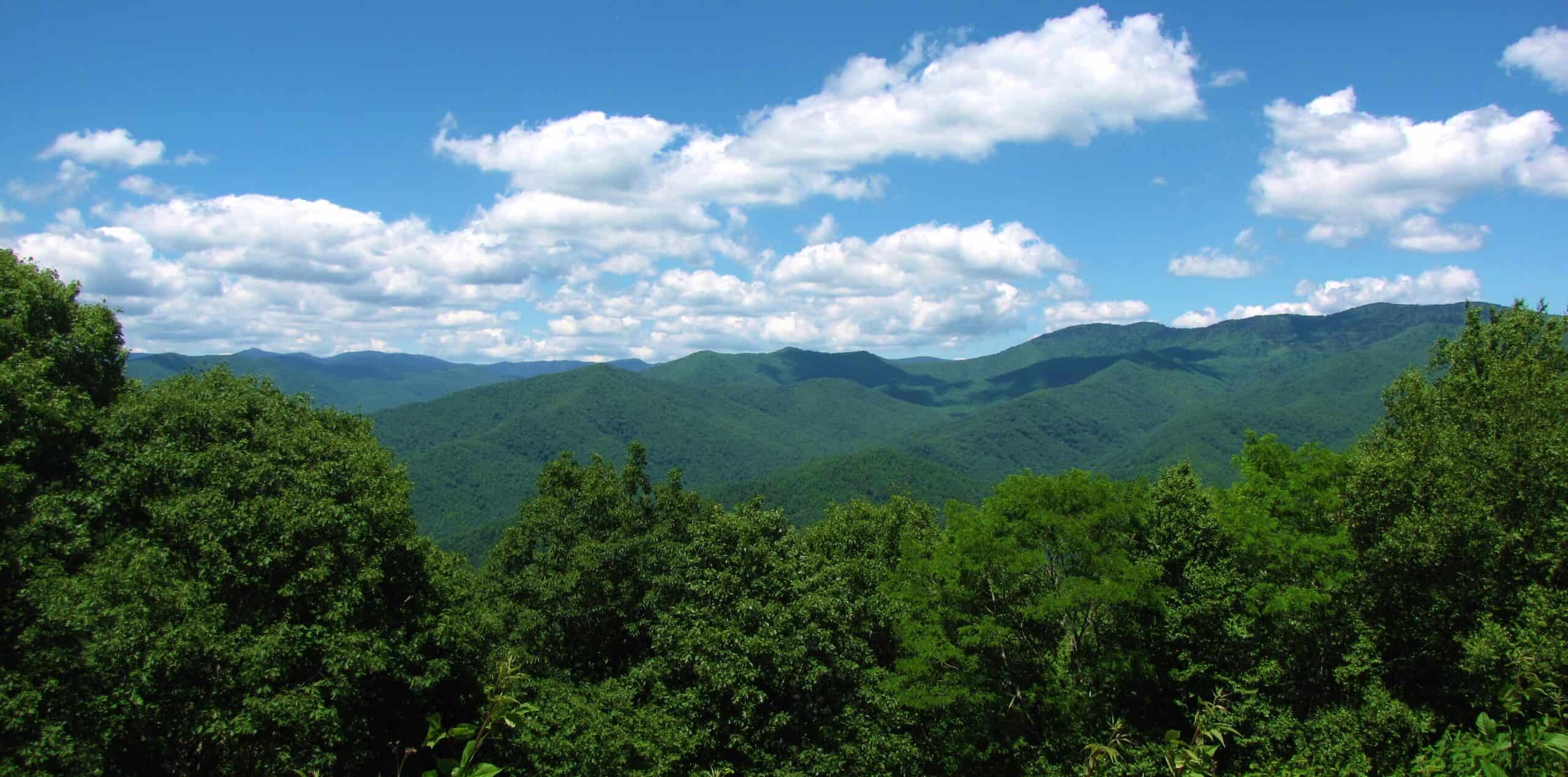Share this article
TWS fellows named for 2023
A group of 10 wildlifers were honored for their work in the profession
A diverse group of 10 wildlife professionals have been awarded fellowships with The Wildlife Society for 2023. The TWS Fellows awards are given each year to individuals who have “distinguished themselves through exceptional service” to the profession and have been members of the Society for at least 10 years.
Here are this year’s fellows.
Quentin Hays
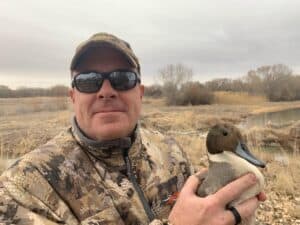
Quentin Hays has been a member of The Wildlife Society since the 1990s when he was an undergraduate student at the University of Montana. Most of his career has been focused on improving our understanding of the migration of birds like sandhill cranes, but he has also worked with endangered New Mexico meadow jumping mice and other species. Hays founded the Eastern New Mexico University’s TWS student chapter in 2012, helping to expand wildlife learning and mentorship opportunities for graduate and undergraduate students. He also served as president of the New Mexico and Oregon chapters of TWS. Hays is currently the wildlife program director at GeoSystems Analysis, Inc., an environmental consultancy.
Serra Hoagland
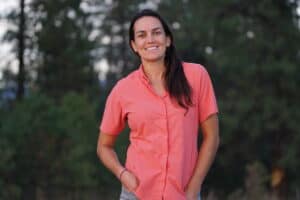
Serra Hoagland has worked tirelessly to promote the weaving of Indigenous knowledge into wildlife management and improve relations between Tribes and government agencies. Hoagland has been a member of TWS since 2010 and has been active in the Native Peoples’ Wildlife Management Working Group. She has mentored Native students through professional development grants and hosted and organized symposia. She was a plenary speaker at the Annual Conference in Reno shared with the American Fisheries Society in 2019 and was a past recipient of TWS’ Diversity Award. Hoagland currently serves as the acting national program lead for tribal research at the U.S. Forest Service.
Jessica Homyack
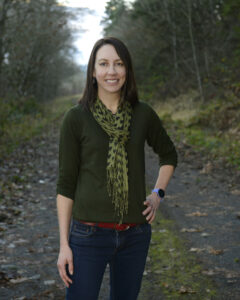
Jessica Homyack has spent most of her career in wildlife evaluating managed forest ecosystems, publishing numerous peer-reviewed studies on forest science. During her time with TWS, Homyack has served as associate editor of the Wildlife Society Bulletin as well as on numerous working group and student chapter boards. She also served as the chair of the Inclusion, Diversity, Equity and Awareness Working Group. Homyack is currently the director of environmental research and operational support at Weyerhaeuser Co.
Glynnis Hood
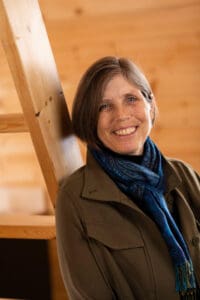
Glynnis Hood has worked with wildlife since her job as a naturalist at the Creston Valley Wildlife Centre in British Columbia. She has worked with Rocky Mountain bighorn sheep, grizzly bears and other wildlife throughout her career, which includes two decades of service with Parks Canada at various national parks. Hood has been an active member of The Wildlife Society and the Alberta Chapter of TWS for more than two decades. She has also been a member of the Canadian Chapter of The Wildlife Society since it was started in 2007. Glynnis has served on the Society’s awards committees and wildlife certification committee. Her publications, including The Beaver Manifesto, have won numerous awards. Hood is currently a professor of environmental science at the University of Alberta.
Ray Iglay
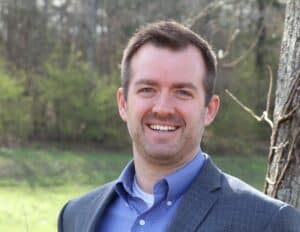
In two decades of membership with TWS, Ray Iglay has focused on everything from invasive species to rare species to hunted species. He has authored about 40 peer-reviewed publications and has developed new courses at Mississippi State University, where he is currently an assistant professor of wildlife ecology. In TWS, Iglay has served as chair of the Habitat Restoration and Conservation Working Group and has been president of the Mississippi Chapter.
Paul Johansen
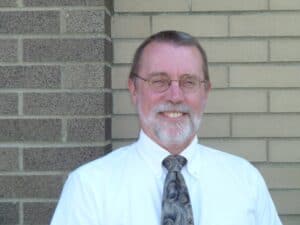
Paul Johansen has worked for more than three decades in the West Virginia Division of Natural Resources in a number of positions, including wildlife manager and game manager. Johansen has received a special recognition award for his work on the National Bobwhite and Grasslands Conservation Initiative. He has been a member of TWS since 1978, serving leadership roles in the West Virginia Chapter and as Northeast Section representative to TWS Council. Johansen serves as the chief of the Wildlife Resources Section of WVDNR.
Kevin Monteith
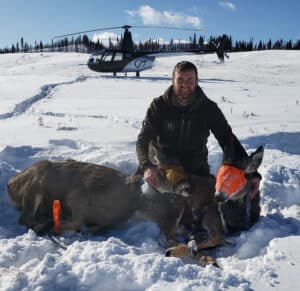
Kevin Monteith has published more than 100 peer-reviewed pieces on multiple aspects of ungulates, including cultural, biological, social, climate and other facets He has twice received TWS awards for outstanding publication. He has been a member of TWS since 2002, serving also in the Wyoming, Idaho and South Dakota chapters when he resided in those states. Monteith serves as a role model for his students, many of which he brings to TWS’ annual conferences. He recently accepted a position as the associate editor for the Journal of Wildlife Management, and is also a professor and Wyoming Excellence Chair at the University of Wyoming.
Dee Patriquin
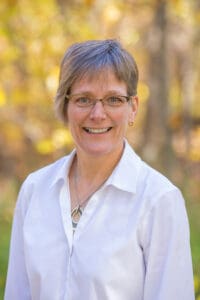
Dee Patriquin has been working on environmental sustainability, resiliency and environmental management for more than 30 years. She currently serves as district environmental manager at Flatiron Constructors Canada, where she works with implementing sustainability management plan. She has received awards for her work in watershed resiliency, and also has served as adjunct professor at the University of Alberta. She is a past president of the Alberta Chapter of TWS and a two-time president of the Canadian Section of TWS. Throughout her career, she has supported and founded numerous citizen science efforts.
Mindy Rice
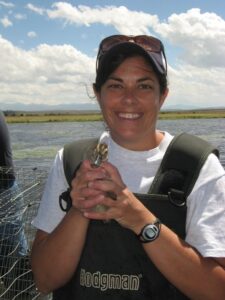
Mindy Rice has worked with wildlife in North America and Africa for about two decades. Her work has included landscape analysis of recolonizing black bears in the Trans-Pecos region of Texas and describing the bedding sites of black rhinos in a sanctuary in Kenya. Rice has also modeled survival of northern pintails in North America. A member of TWS since 2005, Rice has filled a number of roles in the Colorado Chapter, where she was president, and the Central Mountains and Plains section. She has also chaired or co-chaired the Leadership Institute and is a member of the Women of Wildlife Committee. Rice currently works as a spatial ecologist for the U.S. Fish and Wildlife Service.
Sarah Rinkevich
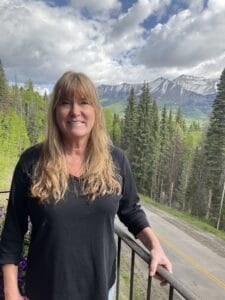
Sarah Rinkevich’s early work in wildlife was focused on the Mexican spotted owl during her master’s degree at Humboldt State University starting in the late 1980s. She later worked on population estimates of reintroduce Mexican wolves for the White Mountain Apache Tribe, which included ethnographic work on the importance of the canids to the Apache there. Rinkevich has been a board member of TWS’ Native Peoples’ Wildlife Management Working Group, and has attended nearly every annual conference since the inaugural one in Albuquerque, New Mexico in 1994. She has been the president of both the Arizona and New Mexico chapters of TWS. She currently works as a biologist with USFWS and an assistant research scientist at the School of Natural Resources & the Environment at the University of Arizona
Header Image: Credit: Kristina Harkins



